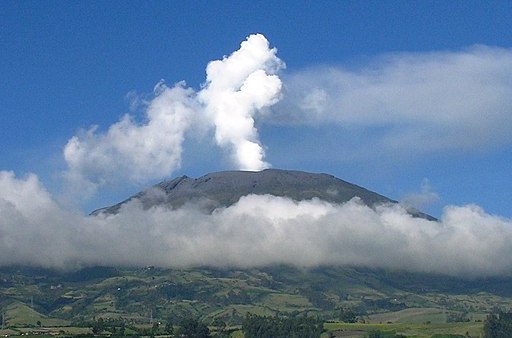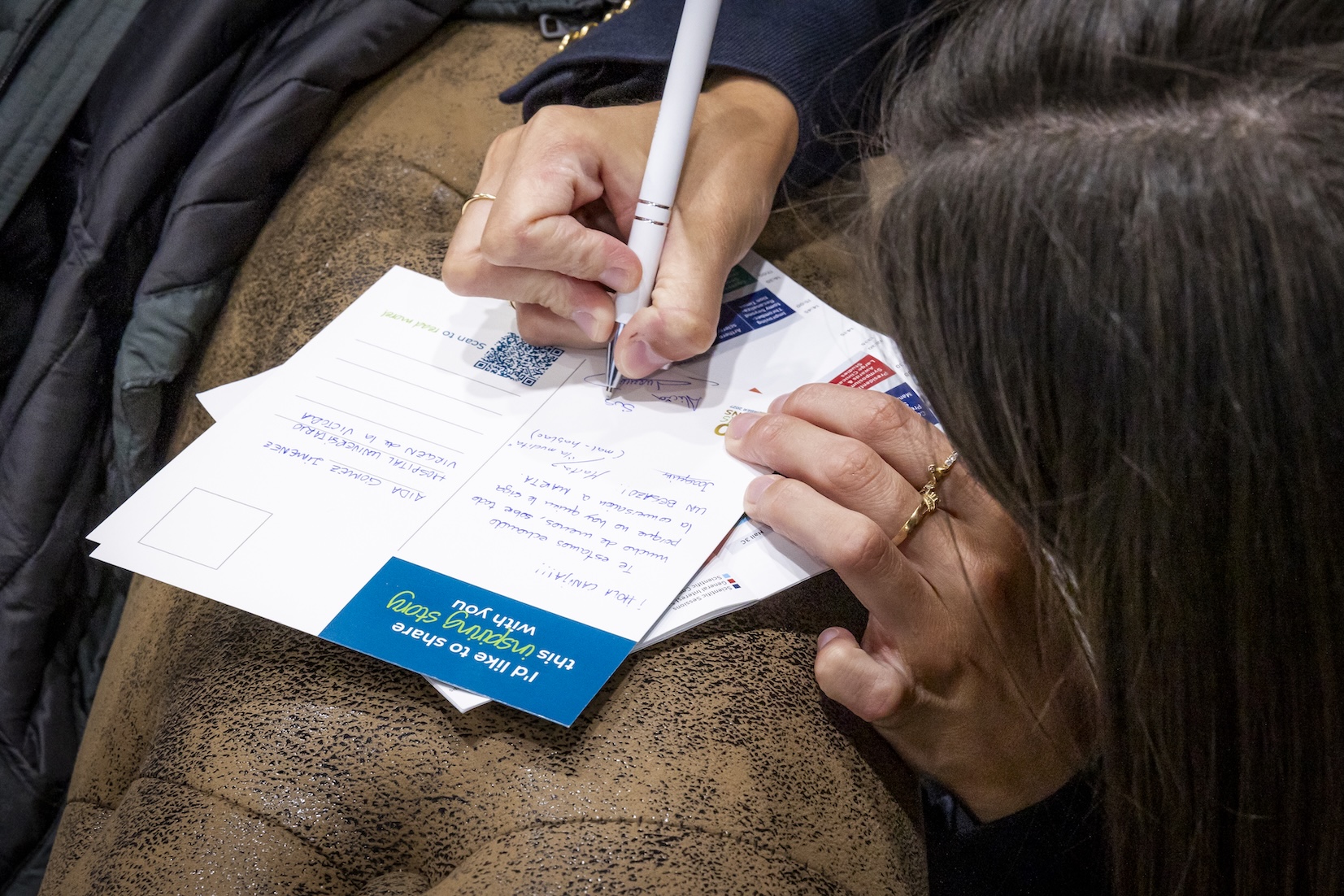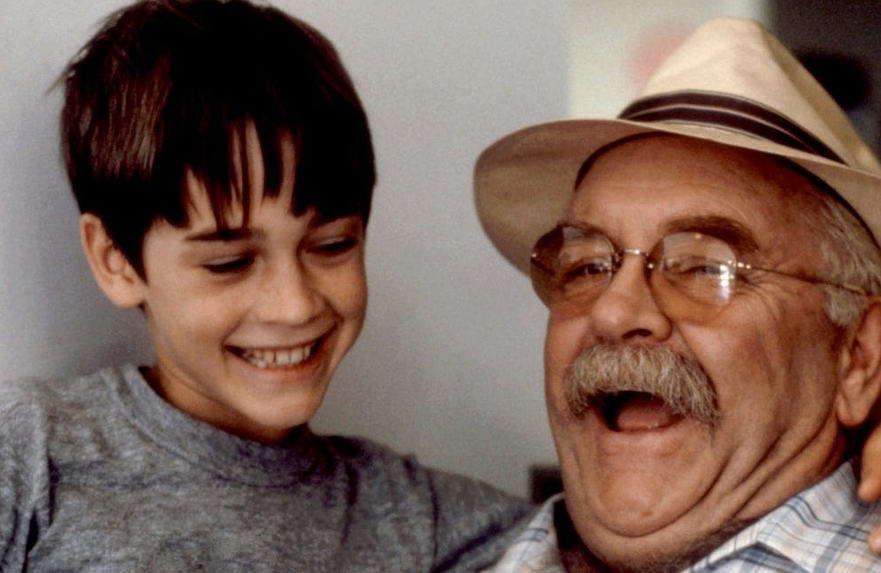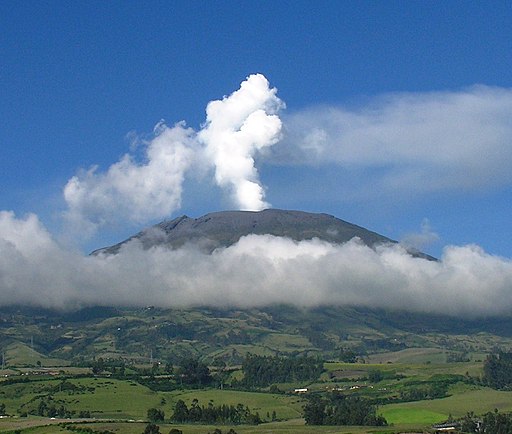
Нариньо в юго-западной Колумбии — место аустерской, но величественной красоты. Большинство из 1,6 миллионов жителей живут на вулканической Андской высокой местности более чем на 1500 м над уровнем моря, а на плотно осемененной береговой рекой Тюккерреса-Ипиалеса на экадорской границе находятся на перегородке, отделенной от столицы департамента Пасто рекой Гуаитара.
Пасто само по себе лежит на боках Галерского Вулкано, который ни для кого не известен как спящий лев. Этот лев является самым активным вулканом в Колумбии, и все его члены являются причиной света.
Пасто сложно дотянуться как на дороге, так и на воздухе, что затрудняет предоставление медицинское обслуживание обслуживания его населению. В результате убежденность в том, что "все слишком далеко" глубоко корнеется в этом сообществе. Вмешательства, направленные на сокращение времени, необходимого пациентам с инсульт для получения доступа к неотложному лечение, терапия, как правило, выполняются с тем, что может казаться хорошо обоснованным пессимизмом.
Раскрытие мнения о том, что помощь доступна только в конце долгого пути, и, следовательно, для многих ее вообще нет, было стимулом для партнерства между больницами в Пасто и команда Инициативы Angels в Колумбии для поиска новых альтернатив для улучшения уход за пациентом с инсультом в регионе. В конце 2021 года это партнерство начало внедрять новый метод работы, который вы можете позвонить в телемедицинскую сеть с извитостью.
"Телемедицина", поскольку она облегчает дистанционную диагноз и лечение, терапия пациентов с помощью телекоммуникационных технологий.
"Сеть" потому что она связывает региональные больницы с ближайшим современным центром с доступными койками и тромболитиками для обеспечения оптимального уход за пациентом с инсультом.
Важным было то, что в плане будет использоваться существующая сеть и, следовательно, не потребуется инвестиций для того, чтобы выйти с нуля. Это было решение, которое казалось полностью неортодоксом и в то же время было настолько очевидным, что оно было у них под рукой. Сеть по борьбе с инсульт Пасто по существу была бы чат-группой на той же платформе обмена мгновенными сообщениями, где миллионы людей уже делились изображениями и поддерживали связь.
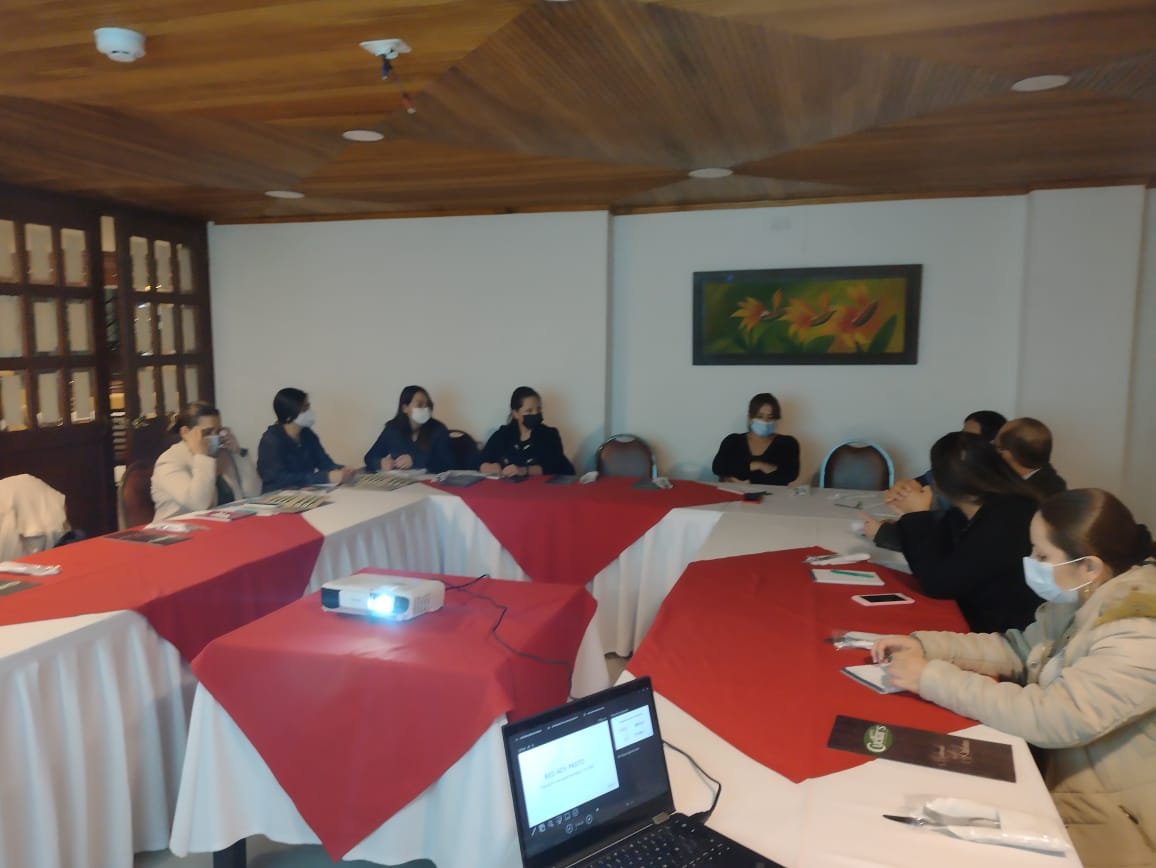
Группа Pasto Stroke WhatsApp Group была создана после встречи в 16 ноября 2021, на которой присутствовали больницы, в том числе отделение больницы Наринко, госпитальный фонд Сан-Педро и клиника латиноамериканского происхождения, а также представители догоспитальная медицинская помощь, которая в Колумбии координируется Centro de Regulacion de Urgencias y Emergencias (CRUE). Была предоставлена информация о влиянии инсульт на регион и о том, что, несмотря на наличие готовых к лечению инсульт центров, оснащенных для лечения инсульт, а также высококвалифицированных междисциплинарных команд, расстояния от капитала вместе с административными барьерами означали, что пациенты приезжали слишком поздно, чтобы получить пользу от лечение, терапия.
На совещании было одобрено создание группы WhatsApp, в которую были вовлечены больницы в Пасто, а также городские больницы, ранее исключенные из системы, поскольку они были "слишком далеко". Используя этот инструмент, муниципальные больницы могли общаться со специалистами по инсульт из других больниц, получать помощь в диагноз и лечение, терапия посредством консультаций по проведению видеоконференций и найти ближайший центр по оказанию высокоинтенсивной медицинской помощи. Если необходимое вмешательство не было доступно в больнице, в которой получал пациент, будет активирован код для ускорения передачи в ту, которая могла бы обеспечить необходимую помощь.
Когда речь заходит об общении с CRUE, функция обмена информацией в реальном времени в WhatsApp оказалась бы переменой, позволяющей получить более точные инструкции для скорой помощи, более эффективную коммуникацию и гораздо более оптимизированный поток между больницами в сети.
Группа Pasto Stroke WhatsApp была запущена в декабре 2021 г., и ее первый инсульт код был активирован 28 декабря, что позволило быстро перенести пациента и начать лечение, терапия пациент, которое в противном случае могло бы стать жертвой расстояния и напряженной местности.
Окружающая среда остается сложной, но пациенты, которым ранее пришлось ждать дней для направления, теперь переходят в течение 24 часов, и многие другие контактные лица получают помощь менее чем через 4,5 часа. В еще одном важном развитии первое специализированное инсультное отделение региона находится в стадии строительства в отделении больницы г. Наринько.
И здесь и там на вулканических Андских горах идея, что "все слишком далеко" медленно заменяется ощущением, что когда люди работают вместе, возможно, ничто действительно не может быть невозможно – или невозможно.
